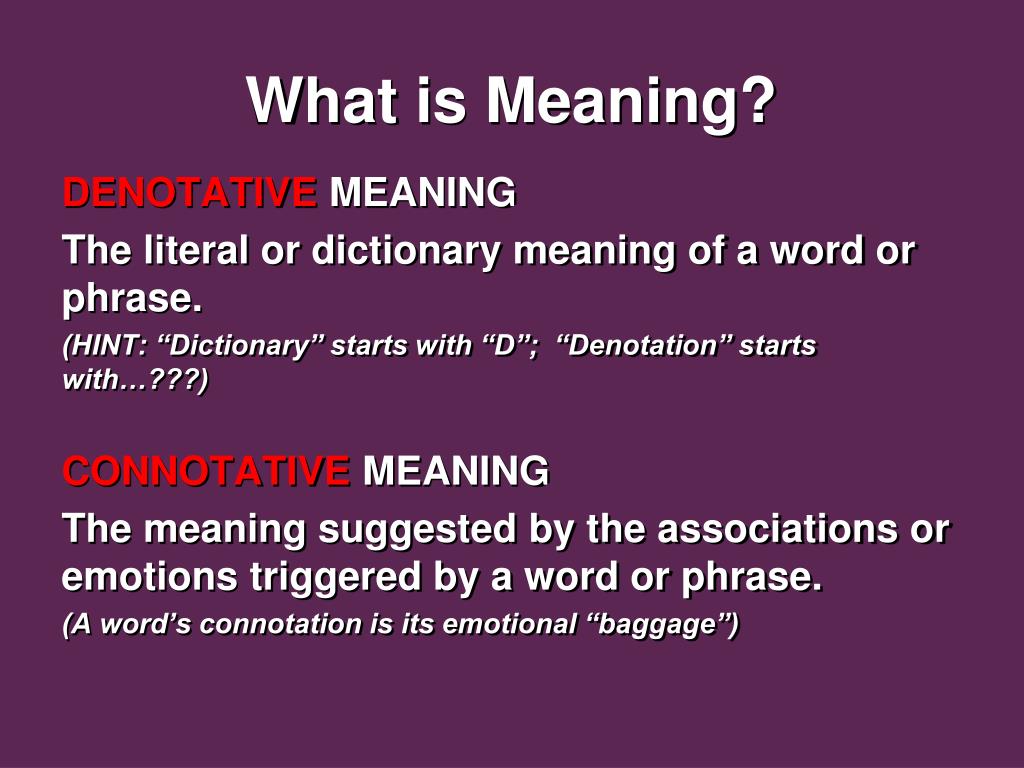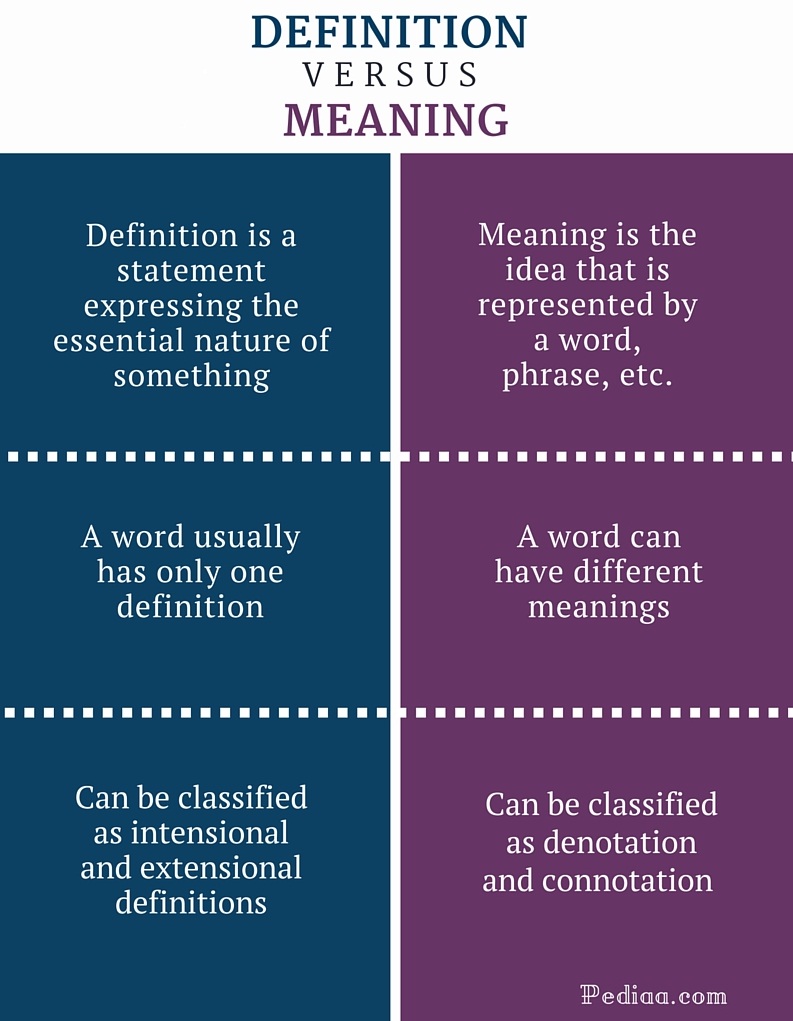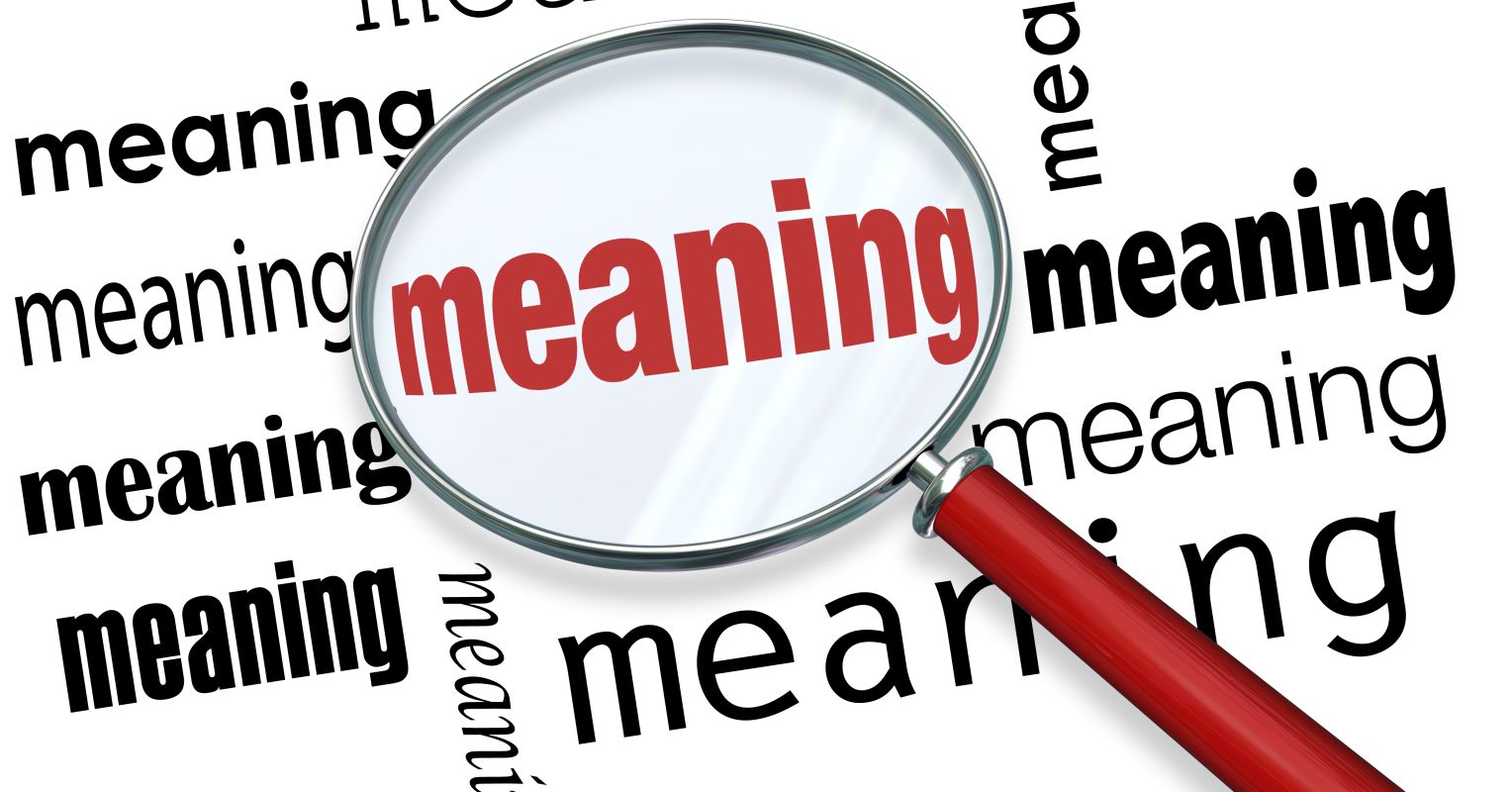Have you ever heard someone talk about "blue bloods" and wondered just what that phrase truly suggests? It's a rather old expression, one that gets tossed around to describe a certain sort of person or, well, a whole group of people. This phrase, you see, carries a lot of weight, a kind of historical echo that makes us picture a specific kind of background, a particular sort of standing in society. It's more than just a colorful way to speak; it points to something much deeper about how folks used to think, and sometimes still think, about where someone comes from.
When we use this term, we're not, of course, talking about someone whose actual blood is blue. That would be a bit silly, wouldn't it? No, this saying, which has quite a history, really speaks to a long-held belief about lineage and social position. It suggests a purity of ancestry, a connection to a family line that has held power or respect for a very long stretch of time. It's about who your people were, where they stood in the community, and the kind of advantages, or perhaps expectations, that came with that particular birthright.
So, we're going to take a closer look at this interesting phrase, exploring where it got its start, how it has changed over the years, and what it might still imply in our modern world. We'll peel back the layers to see what's truly at the heart of this old expression, and why it still holds a certain fascination for many of us. It's a bit like looking into a very old mirror, you know, to see reflections of how societies once sorted themselves out.
- Miley Cyrus Net Worth 2024
- What To Write In Goddaughters Christening Card
- Love Is Blind Jessica Height
- What Happened To Twinkie Clark
- Joel Michael Singer
Table of Contents
- What's the True Meaning of Blue Bloods?
- How Did the Meaning of Blue Bloods Change Over Time?
- Is There Still a Meaning of Blue Bloods Today?
- What Misconceptions Surround the Meaning of Blue Bloods?
What's the True Meaning of Blue Bloods?
At its core, the phrase "blue bloods" refers to people who come from a very old, established, and usually quite wealthy family line. These are individuals, you see, whose family history is full of nobility, aristocracy, or just a very long stretch of high social standing. It's not about how much money they have right now, not really, but more about the long lineage, the generations that came before them, and the perceived purity of their family tree. Basically, it's a way of talking about someone who is born into a position of privilege and status, a position that their family has held for what seems like ages. It’s almost, in a way, like a badge of inherited importance, something that doesn't need to be earned, just received.
This idea, that some people are just born "better" or into a higher station, has been around for a very, very long time in human societies. It's a concept that suggests that certain qualities, or perhaps even a kind of inherent worth, pass down through generations, almost like a family heirloom. So, when someone mentions "blue bloods," they're tapping into this old notion of inherited prestige, of a family name that carries weight and a history of being at the top of the social ladder. It’s a bit of a shorthand, you know, for describing someone whose family has always been part of the upper crust, or as some might say, the ruling class. This means, generally, they have a certain kind of upbringing and connections that others might not share, which can really shape their lives and outlook.
Where Did This Idea Come From Anyway?
The origin of the phrase "blue bloods" is actually quite interesting, and it takes us back to old Spain, particularly during the time of the Reconquista, a long, long time ago. The Spanish term was "sangre azul," which translates directly to "blue blood." This idea came about to distinguish the old Castilian noble families from others. These noble families, you see, prided themselves on having what they considered "pure" Christian ancestry. They claimed their blood was "blue" because their skin was so fair, so pale, that the veins beneath it were quite visible, appearing as a bluish tint. This paleness, they believed, showed that they hadn't mixed with the darker-skinned Moors or Jews who had lived in Spain for centuries. It was a visual sign, they thought, of their supposedly unblemished, truly old European heritage.
- Victorian Names And Surnames
- Who Made The First Duck Call
- Richest Actors Bollywood
- Vince Gill Net Worth 2024
- Thats So Raven Cartoon
This notion of "blue blood" was, in some respects, a way to show off a supposed purity of lineage, a way to say, "Our family hasn't mingled with those who are different from us." It was a claim to a kind of racial and religious superiority, honestly, which is a bit uncomfortable to think about now. The darker skin of the Moors and Jews, who were often laborers or had different backgrounds, meant their veins were less visible, or so the story went. So, this "blue blood" idea became a symbol of inherited status, a marker of someone whose family had been landowners, warriors, or rulers for many generations, without any perceived "taint" from other groups. It’s a rather stark reminder, isn't it, of how people used to create social distinctions based on things that now seem quite arbitrary or even unfair.
The Visual Aspect of Blue Bloods
The visual side of the "meaning of blue bloods" is really quite central to its beginning. Imagine, if you will, a time when most people worked outdoors, under the sun, which naturally made their skin darker. Those who didn't have to toil in the fields, who lived indoors, away from the harsh sunlight, would naturally have much paler skin. This pale skin, as we discussed, made their veins more noticeable, giving them a bluish appearance under the surface. So, that visible blueness, or what seemed like it, became a clear, immediate sign of someone who belonged to a class that didn't need to do manual labor. It was a mark, basically, of leisure and privilege, something that set them apart from the common folk. This visual distinction, you know, made it easy to spot who was supposedly "one of them."
This physical characteristic, the pale skin and visible veins, became a kind of shorthand for a whole lot of other things: wealth, power, and a long family history. It wasn't just about how you looked; it was about what that look represented. It was a way of saying, "My family has been important for so long that we haven't had to work with our hands." This subtle visual cue, therefore, carried a really heavy social meaning. It’s interesting how something as simple as skin tone could become such a powerful symbol of social standing, isn't it? It suggests that people often look for very clear, very apparent signs to tell one group from another, even if those signs don't really mean much in the grand scheme of things. So, the "blue" in "blue bloods" was never literal blood, but rather a perceived visual indicator of a certain kind of life.
How Did the Meaning of Blue Bloods Change Over Time?
Over the centuries, as societies changed and evolved, the "meaning of blue bloods" also shifted a bit, though its core idea of inherited status stayed pretty much the same. As time went on, the phrase moved beyond its specific Spanish origins and became more widely used across Europe and then into other parts of the world, like America. It started to refer generally to anyone from an old, established aristocratic family, regardless of their skin tone or specific national history. The emphasis moved away from the literal appearance of veins and more towards the idea of ancient lineage, family prestige, and the kind of upbringing that comes with being part of a long-standing, powerful family. It was still about being born into a certain position, but the visual part became less important than the historical one.
In places like England, for instance, the term came to describe the old landed gentry or the peerage, families whose titles and estates had been passed down for generations. These were the families, you know, who owned vast stretches of land, lived in grand houses, and had a very particular way of life. The phrase became a way to distinguish them from "new money" – people who had recently become rich through trade or industry but didn't have the long family history of inherited wealth and social standing. So, the meaning expanded to include anyone whose status was primarily inherited, rather than earned. This distinction between old money and new money, basically, became a really important part of what "blue bloods" suggested, marking a difference in how long a family had been considered important. It’s pretty clear, then, that the term adapted to different social structures while still keeping its main message intact.
Blue Bloods in Modern Times
In our modern world, the "meaning of blue bloods" has continued to evolve, taking on new shades and sometimes even a touch of irony. While the old aristocracy still exists in some places, the phrase is now often used more broadly to describe people from very old, influential families, particularly those who have maintained their wealth and social standing for many generations. These are the families, you know, who might attend exclusive schools, belong to very private clubs, and generally move in circles that are not easily entered by outsiders. It’s still about inherited privilege, but perhaps less about actual noble titles and more about a persistent, quiet influence that comes from long-held connections and resources. We might hear it used to describe certain political dynasties or families known for their philanthropic endeavors that have spanned centuries.
Sometimes, the term is used with a hint of disapproval, suggesting that these "blue bloods" might be out of touch with everyday life, or that their success is simply a result of their birth, rather than their own efforts. It can carry a slight implication of snobbery or an assumption of superiority, which, to be honest, isn't always fair. However, it can also be used in a neutral way, simply to describe a long-established elite. For example, you might hear it in discussions about universities that have historically attracted students from very specific, well-connected backgrounds. So, the phrase has become a kind of shorthand for inherited advantage, a way to talk about people whose lives have been shaped by a long history of family prominence. It’s a bit like saying someone has a "silver spoon" in their mouth, but with a much deeper historical resonance, really, pointing to generations of influence rather than just personal wealth.
Is There Still a Meaning of Blue Bloods Today?
You might wonder if the "meaning of blue bloods" still holds any real sway in a world that often prides itself on meritocracy and individual achievement. The answer, in some respects, is yes, it absolutely does, though perhaps in less obvious ways than before. While we might not have kings and queens holding absolute power everywhere, the idea of inherited advantage, of families who have a long history of influence, is still very much a part of our social fabric. These "blue blood" families, if you will, often have access to networks, resources, and opportunities that are simply not available to others. This can manifest in various ways, from access to elite education to connections in business or politics that can really make a difference in life. It’s not about literal blue blood anymore, but about the lasting impact of generational wealth and social capital.
Consider, for example, how certain family names still carry a certain weight in various fields, whether it's finance, art, or even public service. These are often families that have been prominent for generations, building up a legacy of connections and influence. So, while the overt signs of aristocracy might have faded in many places, the underlying concept of inherited privilege, of a certain kind of person belonging to an established elite, persists. It’s a bit like a hidden current, you know, still shaping how things work, even if it's not always visible on the surface. The phrase "blue bloods" therefore, still serves as a useful, if sometimes loaded, term for discussing these enduring patterns of social stratification and the advantages that come with being born into a particular family line. It’s really quite fascinating how these old ideas can stick around, adapting to new times.
Beyond the Surface - The Deeper Meaning of Blue Bloods
Looking beyond the simple definition, the "meaning of blue bloods" touches upon some rather deep aspects of human society. It speaks to our fascination with lineage, with where people come from, and with the idea of inherited traits or qualities. For many centuries, people believed that certain virtues or abilities were simply passed down through bloodlines, making some families naturally superior or destined for leadership. This belief, of course, isn't really supported by modern science, but the cultural impact of such ideas has been incredibly long-lasting. So, when we talk about "blue bloods," we're also, in a way, talking about the history of social hierarchy, about how societies have traditionally organized themselves, and about the power of ancestry in shaping individual lives and collective perceptions. It’s a reminder that even in a more egalitarian age, old ideas about status can still hold sway.
The phrase also highlights the tension between inherited status and earned achievement. In many societies today, there's a strong belief that people should rise based on their own hard work and talent, not just because of who their parents were. The idea of "blue bloods," then, can sometimes feel a bit at odds with this modern ideal. It forces us to consider how much of someone's success is truly their own doing, and how much is a result of the opportunities and advantages they were simply born into. It’s a pretty complex issue, honestly, one that doesn't have easy answers. So, the deeper meaning of "blue bloods" really pushes us to think about fairness, opportunity, and the various ways that social standing can be passed down, whether through titles, wealth, or simply a network of powerful connections. It’s a term that carries a lot of history and a good deal of social commentary, too.
What Misconceptions Surround the Meaning of Blue Bloods?
There are, as a matter of fact, a few common misunderstandings that tend to crop up when people talk about the "meaning of blue bloods." One of the biggest is the literal interpretation – that it means someone actually has blue blood. As we've seen, that's just a historical metaphor, a way to describe pale skin and visible veins, which was once a sign of not working outdoors. So, if you hear someone say it, they're not talking about a medical oddity, but rather a social distinction. Another misconception is that it only applies to European royalty or nobility. While its roots are there, the term has broadened considerably. It can be used to describe any long-established, prominent family, even in countries without traditional monarchies, like the United States. It's more about a long history of social standing than a specific title.
A further misunderstanding might be that "blue bloods" are always immensely wealthy in the present day. While many come from families with significant inherited fortunes, the term primarily points to lineage and social position, which isn't always directly tied to current bank balances. Some old aristocratic families might have less liquid wealth now than some modern entrepreneurs, but they still carry the "blue blood" label due to their long history. Conversely, someone who just became incredibly rich, even if they buy a fancy estate, won't typically be called a "blue blood" because they lack the multi-generational history. It’s about the duration of family influence, you see, rather than just the amount of money in the here and now. So, it's not just about being rich; it's about being rich for a very, very long time, and having that history shape your family's place in the world.
Related Resources:



Detail Author:
- Name : Prof. Ashtyn Bogan V
- Username : marian.rodriguez
- Email : brant83@kertzmann.com
- Birthdate : 1993-11-29
- Address : 10094 Jast Greens Apt. 105 Jorgeton, MD 09405-5556
- Phone : 201-223-7451
- Company : Lynch, Koelpin and Block
- Job : Pesticide Sprayer
- Bio : Veniam sed occaecati aperiam iusto consequuntur voluptatem nihil repellendus. Perferendis ut harum eius atque. Et odit dicta non qui vitae dolor. Vel illum animi molestias neque cum.
Socials
twitter:
- url : https://twitter.com/wieganda
- username : wieganda
- bio : Consequatur id inventore et vel quia officia. Quidem quo eos quis ab aut magni. Quidem cumque quo a eum.
- followers : 4773
- following : 1101
instagram:
- url : https://instagram.com/adelbert8388
- username : adelbert8388
- bio : Saepe odit qui et at eos voluptates eligendi. Et soluta fuga voluptas ut vel esse veniam.
- followers : 5764
- following : 142
linkedin:
- url : https://linkedin.com/in/adelbert_wiegand
- username : adelbert_wiegand
- bio : Est ab et ab sed.
- followers : 5314
- following : 603
facebook:
- url : https://facebook.com/awiegand
- username : awiegand
- bio : Nihil neque et quia dolorum aliquam aperiam laudantium.
- followers : 6042
- following : 2520
tiktok:
- url : https://tiktok.com/@wieganda
- username : wieganda
- bio : Mollitia iure eum rerum temporibus ipsam. Fugit qui consequatur ut doloribus.
- followers : 1648
- following : 2623